My scholarship is informed by ten years of direct field experience in international development. I developed, monitored and evaluated international development projects, and global initiatives with the United Nations Development Programme, World Bank, Food and Agriculture Organization and the Canadian International Development Agency. I lived and worked throughout most of Central and South America. This first-hand experience has provided me a valuable vantage point to analyze the constituting of global governance through the lens of international organizations, and experiences of affected communities on the ground.
Current Research
Governing the Supply of Minerals for Renewable Energy
The Intergovernmental Panel (IPCC) on Climate Change warned that there is very limited time to keep global warming below 1.5°C. The IPCC calls for “rapid, far-reaching and unprecedented changes in all aspects of society” including major shifts in energy systems. Renewable energy is one of the key means of bringing global emissions within the required 1.5 degrees limit. This project between academics, policy makers, industry analysts and civil society investigates in depth what a transition to renewable energy will entail and aims specifically to understand what are the environmental and social challenges and opportunities along the value chains of minerals required to sustainably scale our renewable energy production and use.
Extractivism, Populism, and Environmental action in Latin America
This project analyzes the reduced policy space for environmental governance in extractive states, the impact of populist governments, and opportunities for climate action from state and non-state actors in Latin America. Although the phenomenon of populism is often portrayed as a driver of poor environmental governance, we identify it instead as an intervening variable at best - and one that emerges as a response to the democratic accountability deficits that characterize extractive states. We examine how extractive states are guided by a colonial and export-oriented logic. This logic regulates state- society relationships and circumscribes avenues for local stakeholders to hold public officials and extractive industries to account for environmental and human impacts.
Accountability in Global Environmental Governance
The system of global environmental governance has been riddled by fragmentation and duplication of efforts, dispersed political authority and weak regulatory influence. The inefficiency of the system has been matched by a growing concern over the future provision of global public goods. A research network launched by Teresa Kramarz and Susan Park explores approaches to accountability to assess the necessity and potential for greater accountability in the system. To view products from this research program click here
COMMUNITY Vulnerability and EXTRACTIVE INDUSTRY DISASTERS
Rapid onset environmental disasters are spectacles that concentrate – at least for a time - public attention on a dire event. However, media coverage that focuses on such events, from oil spills to floods, masks the causal chain of issues underpinning the devastating impact of a disaster and privileges the visibility of tipping points. This project investigates different kinds of exposures to stress which disrupt livelihoods and the capacities of communities to respond.
Transatlantic Varieties of IR: Domestic Experience and the Study of the International
In this project we have constructed a database of publication patterns from 10 leading IR journals over the last 20 years presenting an empirical picture that suggests that European and American scholars focus, among other things, on divergent actors, geographic scales, and topics of study. We suggest that academics' domestic experience (with state‐society relations, institutions, and traditions, for example) socializes them into particular understandings of International Relations (with Patricia Greve).




